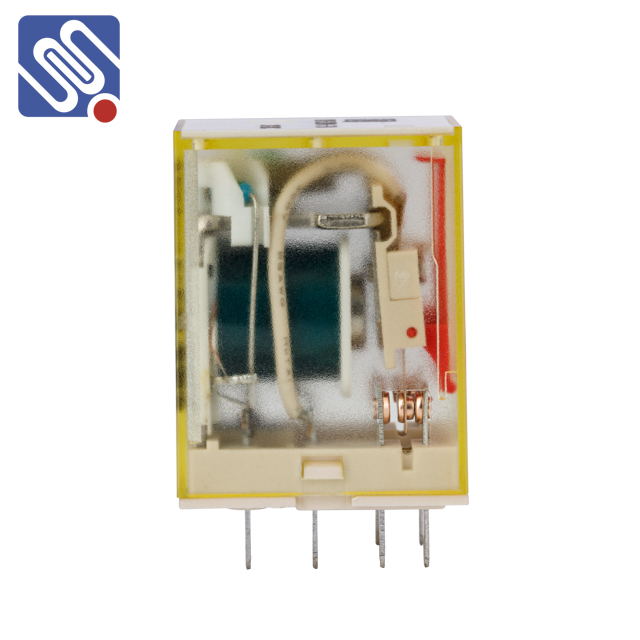relay performance metrics: evaluating the efficiency of meishuo networks
Release time:2025-05-03 16:42:34
Relay performance metrics are crucial for assessing the efficiency and reliability of communication systems that utilize relay nodes. In modern networks, especially in wireless communication and networked systems, relay nodes are employed to extend coverage, improve signal strength, and enhance data transmission efficiency. One innovative platform that has made significant strides in relay-based technologies is Meishuo. Meishuo's system is an excellent example of how relay metrics can be used to optimize network performance in real-world applications. In this article, we will explore the essential relay performance metrics and how Meishuo employs them to achieve better connectivity.

Key Relay Performance Metrics
Throughput
Throughput is one of the most critical performance indicators for any communication system. It refers to the rate at which data is successfully transmitted from the source to the destination, often measured in bits per second (bps). For a relay network like Meishuo, throughput is especially vital because relay nodes act as intermediaries that forward data between the source and destination. The more efficient the relay, the higher the throughput. Meishuo's network ensures that relay nodes are strategically placed to minimize signal degradation and maximize throughput, providing seamless connectivity even in areas with low signal strength.


